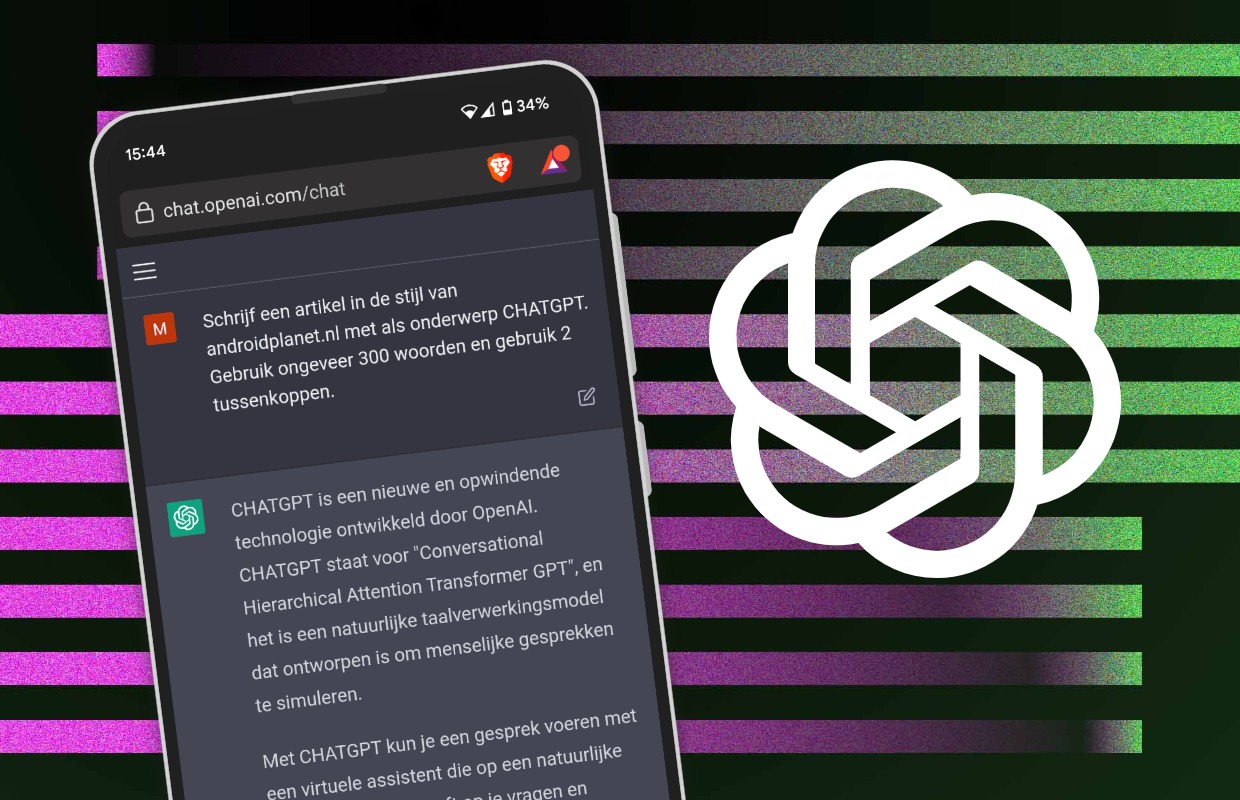ChatGPT, the advanced AI chatbot, has recently demonstrated its ability to pass graduate-level exams, although not with high marks. Professors at the University of Minnesota Law School and the Wharton School of Business at the University of Pennsylvania have reported that ChatGPT was able to pass multiple-choice and essay exams in various courses. However, the bot’s performance was on average that of a C+ student, with some areas of difficulty such as advanced prompts and basic math.
This raises concerns among educators about the potential impact of ChatGPT on cheating among students. Some schools and teachers are already taking steps to rethink assignments in light of this new technology.
ChatGPT has been used since its release in November to generate original essays, stories, and song lyrics in response to user prompts. It has even been used by some CEOs to write emails and do accounting work. However, it has also raised concerns about inaccuracies and the potential to perpetuate biases and spread misinformation.
Jon Choi, a law professor at the University of Minnesota, believes that the most promising use case for ChatGPT and similar technology is human-AI collaboration. He suggests that AI assistants will become standard tools for lawyers in the near future and that law schools should prepare their students for this eventuality.
Wharton’s Terwiesch also found that ChatGPT was “remarkably good” at modifying its answers in response to human hints, suggesting the potential for people to work together with AI. However, in the short-term, concerns remain about how and whether students should use ChatGPT. Some public schools have already banned students and teachers from using ChatGPT on district networks and devices.
While some restrictions may be necessary, Terwiesch believes that this technology still ultimately has a place in the classroom. He said, “If all we end up with is the same educational system as before, we have wasted an amazing opportunity that comes with ChatGPT.”






Comments are closed.